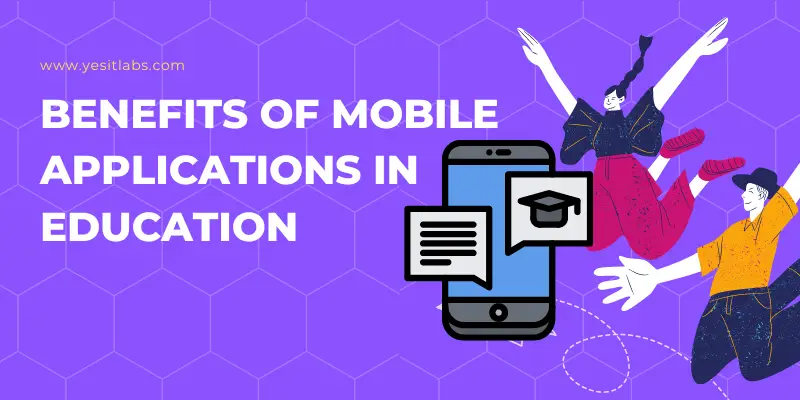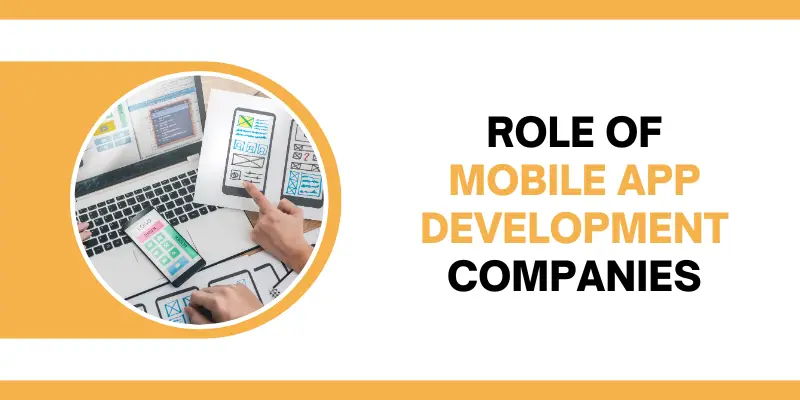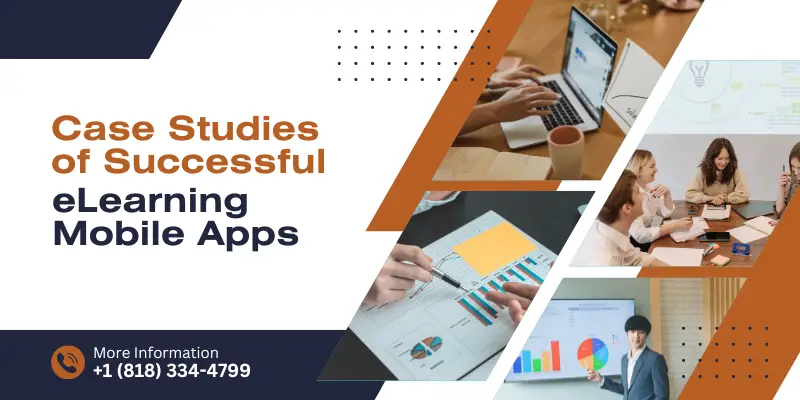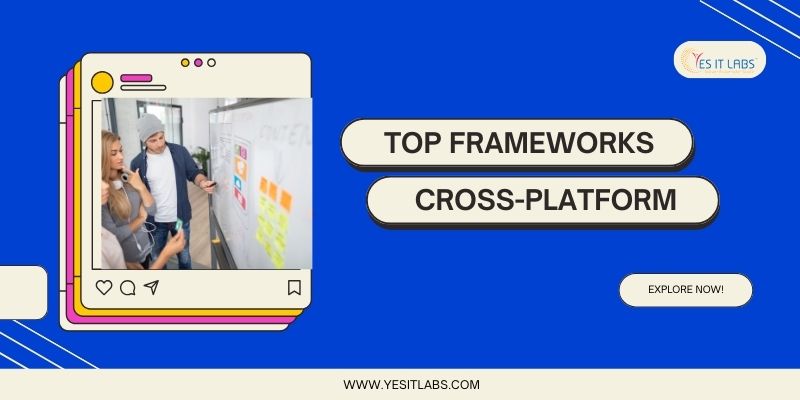
 By Erika Larson
By Erika Larson How Mobile Applications are Impacting the Education Industry
In recent years, the education industry has experienced a profound transformation. One of the most impactful changes has been the integration of mobile applications into educational processes. Mobile apps have revolutionized how we learn, teach, and manage educational tasks, creating a more dynamic and accessible learning environment. This blog will explore the myriad ways mobile applications are shaping the education industry, the benefits they offer, and the role of mobile app development companies in this evolving landscape.
The Rise of eLearning Mobile Apps
The advent of smartphones and the ubiquity of the internet have paved the way for the rise of eLearning mobile apps. These apps provide a platform for students to access educational content anytime, anywhere, making learning more flexible and personalized. Whether it’s a language learning app like Duolingo, a mathematics-focused app like Khan Academy, or comprehensive educational platforms like Coursera and edX, eLearning mobile apps cater to a wide range of subjects and skill levels.

Benefits of Mobile Applications in Education
- Accessibility and Convenience:- Mobile applications have broken down geographical and temporal barriers to education. Students no longer need to be physically present in a classroom to learn. They can access lectures, reading materials, and assignments from their devices at their convenience. This is particularly beneficial for adult learners and professionals who may have other commitments.
- Personalized Learning:- One of the standout features of eLearning mobile apps is the ability to offer personalized learning experiences. Apps can adapt to the pace and style of each learner, providing customized content that suits their learning needs. This adaptive learning technology ensures that students receive the support they need to succeed.
- Interactive and Engaging:- Content Mobile apps leverage multimedia content—videos, animations, quizzes, and interactive exercises—to make learning more engaging. This interactive approach not only makes learning fun but also helps in better retention of information. Gamification elements, such as badges and leaderboards, further motivate students to engage with the content.
- Real-Time Feedback and Assessment:- Mobile applications facilitate real-time feedback and assessment, allowing students to track their progress instantly. This immediate feedback loop helps students identify areas of improvement and work on them promptly. It also allows educators to monitor student performance and provide timely interventions.
- Collaboration and Communication:- Many educational apps feature collaboration tools that enable students to work together on projects, participate in discussions, and communicate with teachers and peers. This fosters a sense of community and enhances the learning experience by promoting collaborative learning.

Role of Mobile App Development Companies
Mobile app development companies play a crucial role in the integration of mobile technology into the education industry. These companies design and develop eLearning mobile apps that meet the specific needs of educational institutions, educators, and learners. Here’s how they contribute:
- Customized Solutions:- Mobile app development companies offer customized solutions tailored to the unique requirements of educational institutions. Whether it’s creating a comprehensive learning management system (LMS) or a niche app focused on a specific subject, these companies provide solutions that align with the institution’s goals and objectives.
- User-Centric Design:- The success of an educational app largely depends on its usability. Mobile app development companies prioritize user-centric design, ensuring that the app is intuitive, easy to navigate, and accessible to users of all ages and technical proficiencies. This focus on user experience enhances engagement and satisfaction.
- Integration with Existing Systems:- Educational institutions often have existing digital infrastructure, such as student information systems (SIS) and LMS. Mobile app development companies ensure seamless integration of new mobile apps with these existing systems, creating a cohesive and efficient digital ecosystem.
- Scalability and Flexibility:- As educational needs evolve, mobile apps must be scalable and flexible to accommodate new features and functionalities. Mobile app development companies build apps with scalability in mind, allowing institutions to expand and update their offerings as needed without significant disruptions.
- Security and Privacy:- As reliance on digital platforms continues to grow, ensuring data security and privacy has become a paramount concern. Mobile app development companies implement robust security measures to protect sensitive student and institutional data, ensuring compliance with relevant regulations and standards.

Case Studies of Successful eLearning Mobile Apps
To illustrate the impact of mobile applications on the education industry, let’s look at a few successful case studies:
- Duolingo:- Duolingo is a popular language learning app that uses gamification to make learning a new language fun and engaging. With bite-sized lessons, instant feedback, and interactive exercises, Duolingo has made language learning accessible to millions of users worldwide. The app’s success lies in its user-friendly interface, adaptive learning technology, and engaging content.
- Khan Academy:- Khan Academy provides free, high-quality educational content across various subjects, including math, science, and humanities. The app offers instructional videos, practice exercises, and personalized learning dashboards that allow students to learn at their own pace. Khan Academy has democratized access to education, particularly for students who may not have access to traditional learning resources.
- Coursera:- Coursera partners with top universities and organizations to offer online courses, specializations, and degrees. The app provides a flexible learning environment where students can access lectures, assignments, and discussion forums from their mobile devices. Coursera’s emphasis on high-quality content and flexible learning schedules has made it a go-to platform for learners seeking to advance their education and careers.

Challenges and Future Trends
While the benefits of mobile applications in education are clear, there are challenges that need to be addressed. These include ensuring equal access to technology, maintaining student engagement in a digital environment, and protecting user data. Moreover, the rapid pace of technological advancement means that educational apps must continuously evolve to stay relevant and effective.
Looking ahead, several trends are likely to shape the future of eLearning mobile apps:
- Artificial Intelligence and Machine Learning:- AI and machine learning will play a significant role in enhancing personalized learning experiences. These technologies can analyze student data to provide tailored content and support, improving learning outcomes.
- Augmented Reality (AR) and Virtual Reality (VR) :- AR and VR technologies have the potential to create immersive learning experiences. From virtual labs to historical reconstructions, these technologies can bring learning to life in ways that traditional methods cannot.
- Blockchain for Credentialing:- Blockchain technology can provide secure and verifiable credentials, making it easier for students to share their achievements with employers and educational institutions.
- Increased Focus on Soft Skills:- As the job market evolves, there is a growing emphasis on soft skills such as communication, problem-solving, and critical thinking. eLearning mobile apps will increasingly focus on developing these skills through interactive and scenario-based learning.
Conclusion
Mobile applications have undeniably transformed the education industry, making learning more accessible, personalized, and engaging. The contributions of mobile app development companies have been instrumental in this transformation, providing customized, user-centric solutions that meet the evolving needs of educational institutions and learners. As technology continues to advance, the potential for mobile apps in education is boundless, promising an exciting future for eLearning.
In conclusion, the impact of mobile applications on the education industry is profound and far-reaching. From breaking down barriers to providing personalized learning experiences, mobile apps are redefining how we approach education. As we move forward, the collaboration between educators, learners, and mobile app development companies will be crucial in harnessing the full potential of this technological revolution.
Tags: best mobile app development company usa, Education industry, eLearning mobile apps, mobile app development company, mobile app development company in usaLatest Resources
Top Frameworks for Cross-Platform App Development in 2025
January 22, 2025
A Guide to Types of Artificial Intelligence (AI)
January 14, 2025
Key Benefits of React Native App Development
January 7, 2025
Leveraging AI in Startup Software Development: Trends and Tips
December 30, 2024
Mobile Optimization for Shopify Apps: Best Practices
December 23, 2024











 Services
Services

